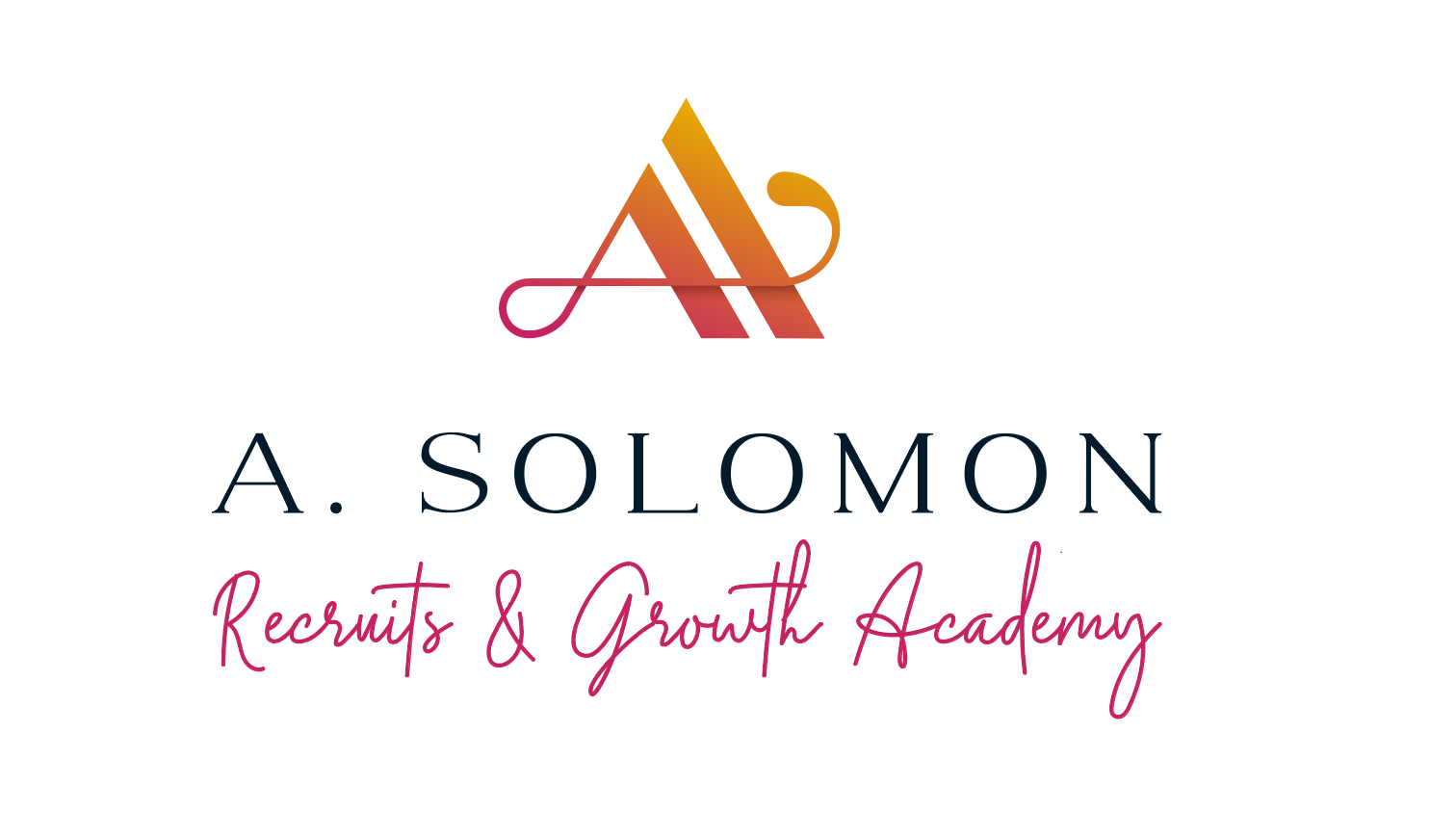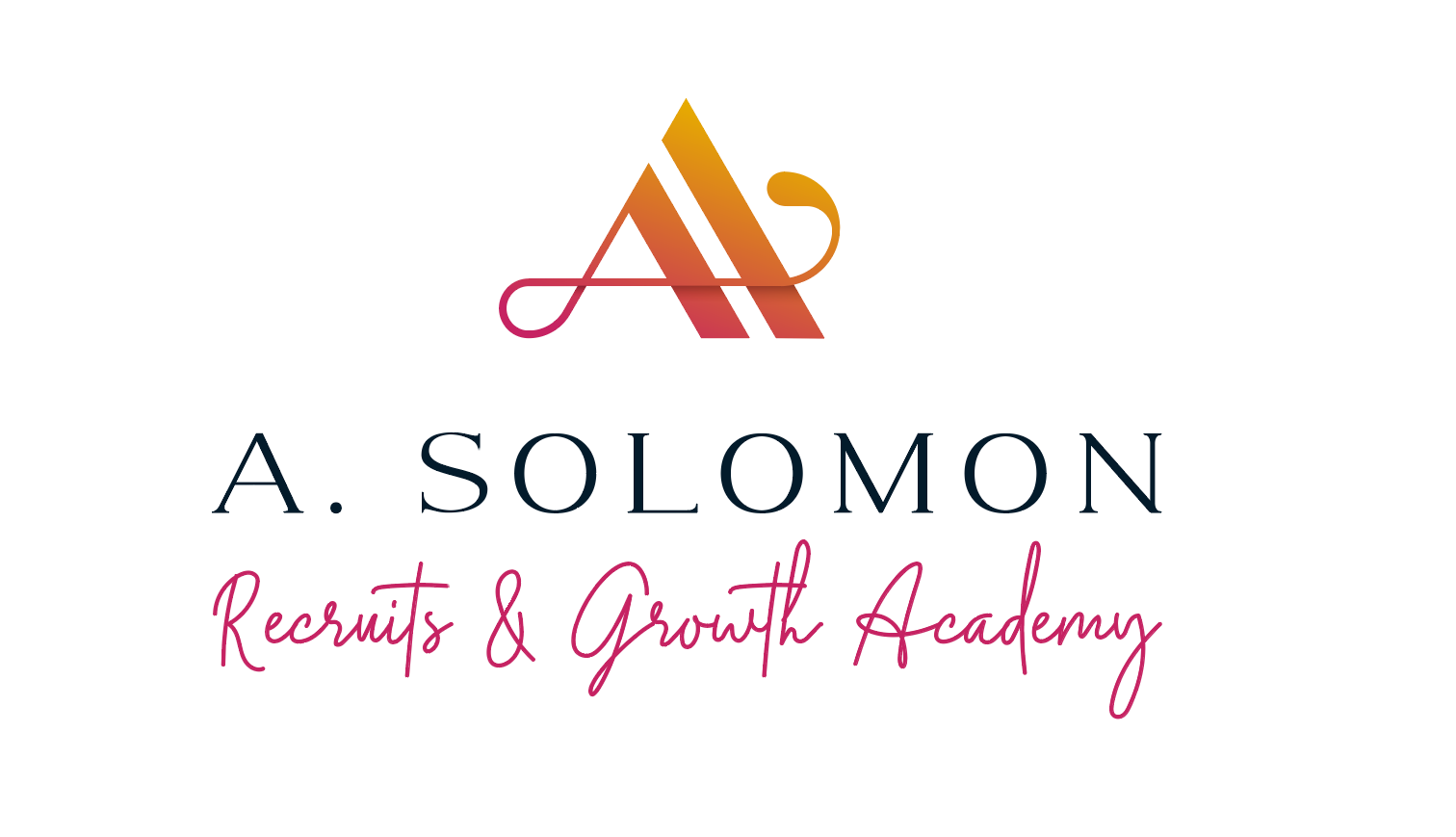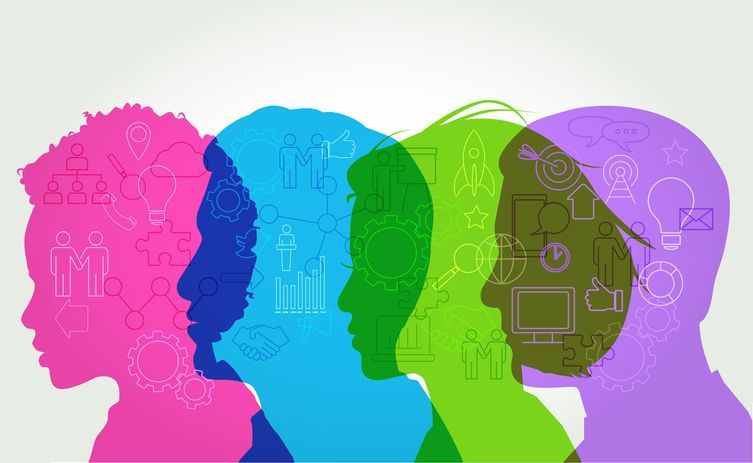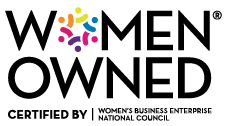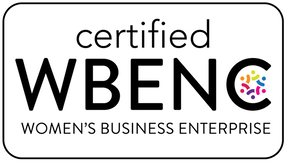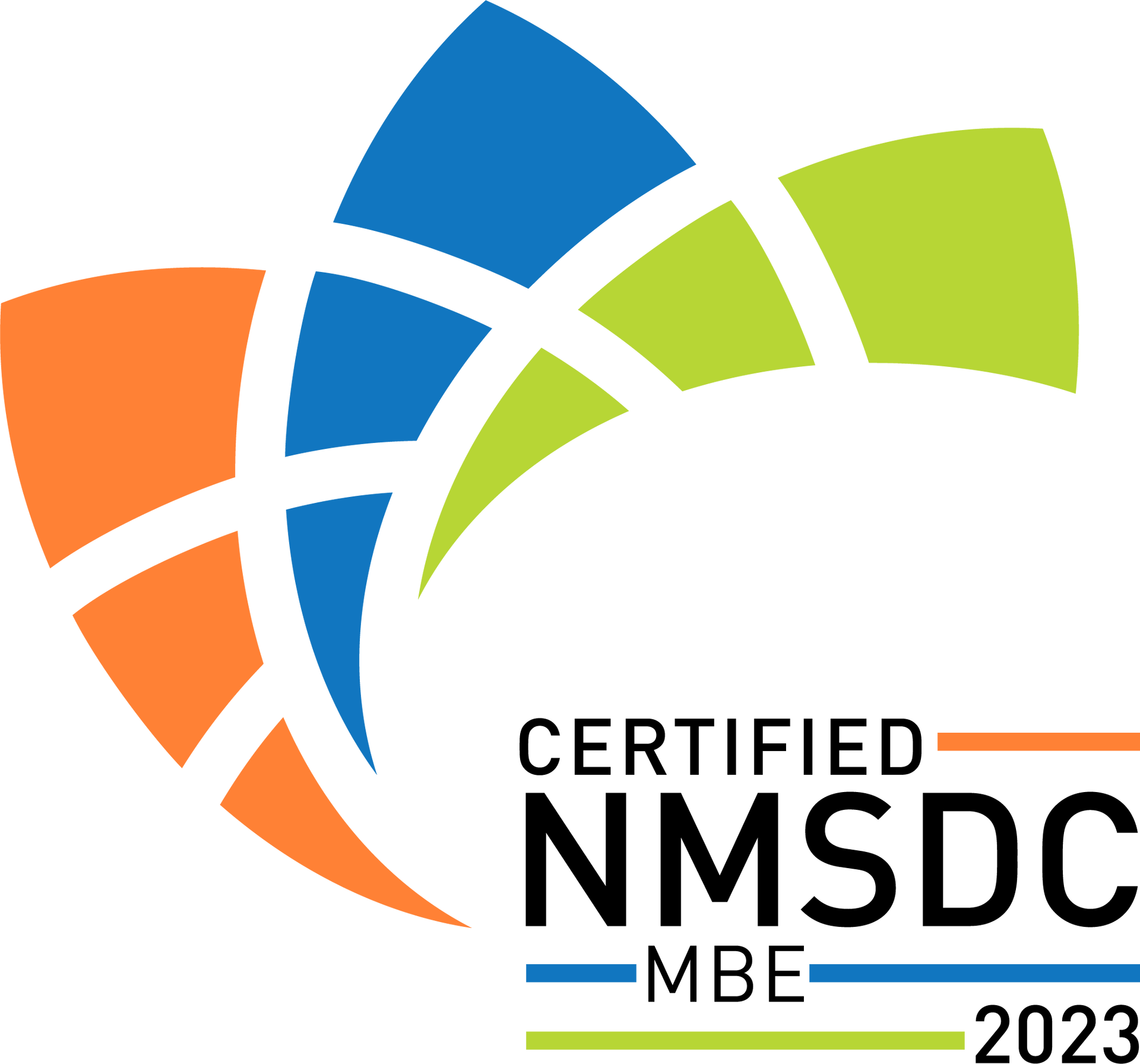Empathy is Not About Shared Experience. It’s About Shared Humanity.
Today, March 2nd, is the Day of Empathy. This day of commemoration was started by The Dream Corps in order to raise awareness for members of our society living in incarceration. In some ways, 2020 felt to me like the year of empathy. Like all social movements, tides of change come with an equal and opposite reaction and while we certainly saw the violence, hatred, bigotry and ignorance of the American people in 2020, we also saw tremendous movements towards empathy.
In my mind, Black Lives Matter is a monumental shift towards getting back to the basics of human respect. It can be overwhelming to keep up with all of the social movements going on right now that are aimed at dismantling longstanding social hierarchies, doing away with microaggressions and oppression of marginalized groups of people: black and brown members of our society, our queer community, our trans community, our incarcerated community, our neurodiverse community and our disabled community. In 2020, it felt like every marginalized group of people in America was screaming out to be heard, to be respected and for us to change the ways in which we view them and speak about them in order to reflect this respect.
Often when we attempt to break a movement down to its constituent parts, it feels overwhelming, as if we’re attempting to individually move and coordinate every gear and lever of a watch. Which is impossible and certainly overwhelming. How can we possibly get anything done when our entire lives are consumed by constantly adjusting our speech so as to be non-offensive in every arena when we’ve had years of indoctrination in the opposite direction? But it’s only overwhelming until we pull back and see the movement at large—until we see where it all connects. And where it all connects is empathy.
Empathy is defined as “the ability to understand and share the feelings of another”. What this definition lacks however, is the necessary suspension of shared experience that’s required in order to truly empathize with someone who is very different from us.
It’s easy to empathize with someone who has lived a very similar life to ours. It’s more challenging to empathize with someone who has been the victim of our unassuming but deeply problematic actions. Or to empathize with someone who has lived such a different life than we have that their experience of the world doesn’t even resemble ours. At these times, we must do two things:
- We must suspend the necessity to understand the experiences of others in order to simply respect and honor them. This looks like: receiving another’s experience without judgement or discernment and trusting that they, as humans, are truthful and heartfelt and are simply seeing a different side of the world than we are capable of seeing. In this way, without the requirement for “understanding” or “relating” to another’s experience in order to honor it, we are capable of expanding our own awareness in order to encompass that of another, thereby forming a society that is more than the sum of its parts.
- And we must dig deeper in our search for shared experience: past the point of differences and division, to the place where we all meet as human beings, surviving in a world, together.
When viewed in this light, when we shift the requirement for empathy from shared “experience” or “understanding” to shared humanity, it all looks very simple. It all boils down to one set of fundamental truths: we all deserve respect, we are all legitimate, we are all the same.
Drop your gavel. Trust one another. Happy Empathy, friends.
---
Sly Stone started Sly and the Family Stone in 1966. The band consisted of Sly’s brother and sister, as well as four other individuals, both black and white, male and female. It was the first American rock band to be racially diverse and integrated. They were one family, singing about unity, in the 1960’s. That should not have been revolutionary. But it was. Sly Stone is still alive. But he’s lost to a long history of drugs. It is so often those who preach the most pure ideals who find that they are the ones who are least capable of existing in the world without drugs or alcohol to mute the pain of division they see around them. But they still preach unity. And doing so changes the world. Just not fast enough.
I AM someone who sees incredible potential in places most people don't think to look. As a black woman, small business owner of a diversity staffing boutique, my team and I walk alongside our Clients in creating professional environments that are truly for ALL. I believe in our interconnectedness as a human race and strive every day to use my gifts to empower the workplace’s invisible and powerless. I rarely bet on certainty and always root for the underdog because, after all, those are the best stories to tell.

